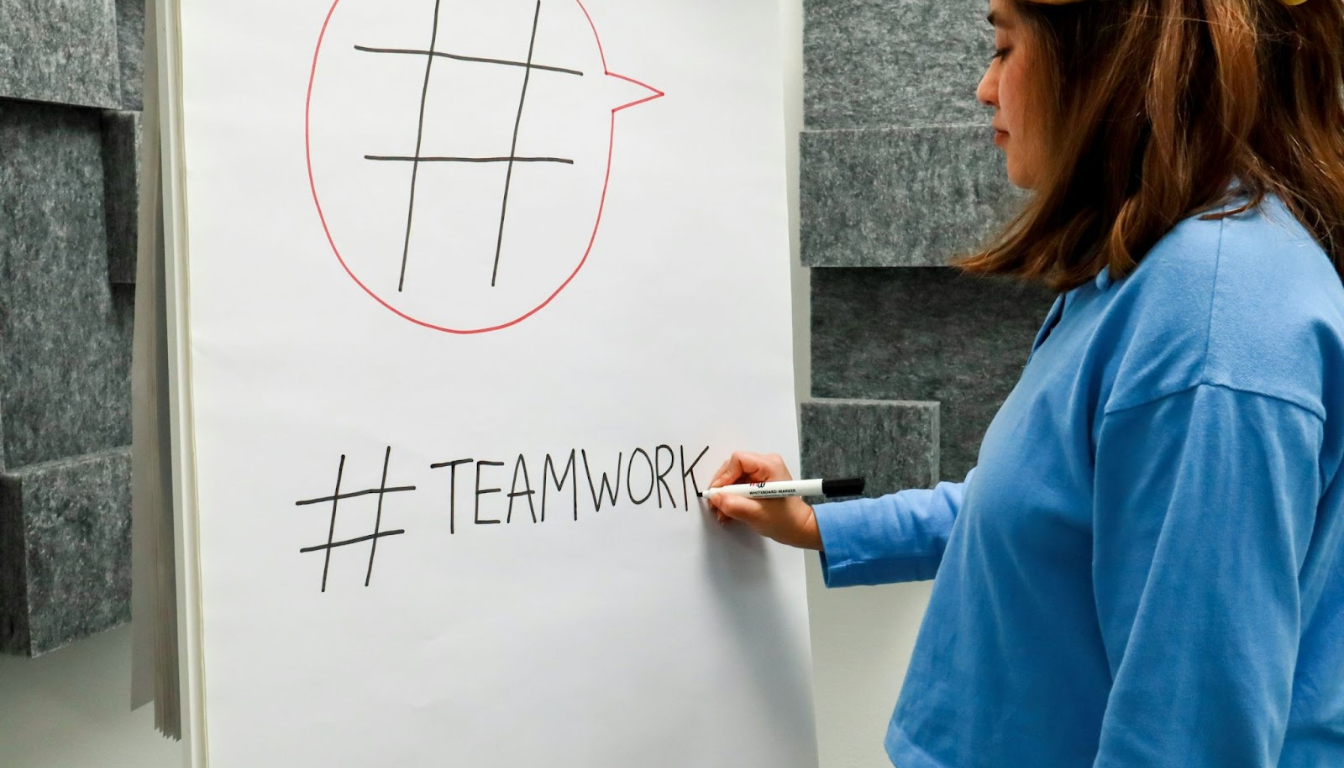Culture Building: How to Strengthen Team Communication

Culture building is the foundation of a strong and successful team. It means creating shared values, open communication, and trust that guide everyone toward the same goals. When teams understand and follow a clear culture, teamwork improves, morale rises, and results get better. This article explains how to build team culture, describes the elements of team culture, and provides ideas to improve team culture through communication, leadership, and consistent effort.
A strong culture also helps employees feel connected, motivated, and recognized for their contributions. Organizations with positive team cultures often outperform competitors because their employees are more engaged, loyal, and collaborative. Teams that practice building a positive team culture enjoy fewer conflicts, higher productivity, and better relationships, both internally and with clients.
Key Takeaways
- Culture building helps teams stay connected, motivated, and focused on company goals.
- Key elements of team culture include shared values, open communication, inclusivity, and trust.
- Leaders who give feedback and keep communication open help with building a positive team culture.
- Strong communication improves teamwork, engagement, and overall team performance.
- Offsite retreats and team-building activities can strengthen bonds and reinforce cultural values.
What Is Team Culture and Why Does Communication Matter?

Team culture is the shared beliefs, values, and habits that guide how team members work together. It affects how meetings go, how projects are done, and how people treat each other. Understanding how to build a teamwork culture starts with creating trust, respect, and purpose. It helps people feel they belong and that their work matters.
Good communication is key to a healthy team culture. When team members talk openly and listen to each other, they understand each other better and work together more smoothly. Clear communication ensures everyone knows their roles and goals. Companies that focus on building a positive team culture through communication see higher engagement, better performance, and stronger teamwork.
Benefits of Building a Strong Team Culture

A positive team culture makes employees feel valued and connected. This lowers turnover and helps keep top talent. Teams with good communication stay motivated and focused on shared goals. When communication works well, teams solve problems faster and work more efficiently. Regular updates and transparent feedback help everyone stay on the same page. A strong culture also leads to happier customers because engaged employees provide better service.
Investing in culture building has long-term benefits. Companies with strong cultures often report higher employee satisfaction, better retention, increased productivity, and improved customer loyalty. Employees are more willing to innovate, share ideas, and support each other, creating a collaborative environment that fosters business growth. By prioritizing team culture building, organizations can maintain a competitive edge and promote a more enjoyable workplace for everyone.
Key Elements of Team Culture

Strong team cultures share certain features that help teams succeed. Every team should have a clear mission and values. These guide decisions and behavior and should be discussed regularly to keep everyone aligned. Open communication builds trust and encourages honest feedback, active listening, and regular check-ins.
Inclusivity is another essential element. Encouraging different perspectives strengthens creativity and problem-solving. When everyone feels safe to share ideas, the team can take on challenges with confidence. Psychological safety ensures that mistakes are seen as learning opportunities rather than failures, supporting a culture of growth.
By understanding and implementing these elements of team culture, organizations can create a workplace where employees feel valued, respected, and empowered. Teams with these elements in place are better equipped to handle challenges, communicate effectively, and maintain high levels of engagement.
Practical Strategies for Building Team Culture

Learning how to build a teamwork culture starts with encouraging open communication so team members can share ideas freely. Using tools like Slack, Zoom, or intranets keeps teams connected, especially if they work remotely or in hybrid settings. Supporting learning and growth through training, mentorship, and development programs improves morale and reinforces a culture of progress. Regular team-building activities, at the office or through offsite retreats, build trust and collaboration. Platforms like Offsite make it easier to plan these retreats. Recognizing wins and achievements motivates employees and strengthens appreciation. Leaders who model positive behavior, communicate clearly, listen, and give constructive feedback set the tone for a productive culture.
Overcoming Challenges in Team Culture Building
Challenges can appear even in well-planned culture initiatives. Some employees may resist change, so leaders need to explain why changes are happening and involve everyone in the process. Keeping culture strong in remote teams requires regular virtual meetings, online activities, and tools that keep employees included. Negative behavior or poor communication can harm trust, so leaders must encourage feedback, fix conflicts quickly, and remind the team of respectful collaboration standards.
Ideas to Improve Team Culture
- Hold open meetings or town halls where everyone can share ideas.
- Use mentorship programs to encourage peer learning.
- Organize offsite retreats to reconnect with company goals.
- Conduct employee surveys to get honest feedback.
- Celebrate diversity days or team appreciation events.
These ideas to improve team culture help employees feel engaged and connected.
The Role of Offsite Retreats in Culture Building

Offsite retreats give teams a chance to reflect, collaborate, and bond, which helps with team culture building. Offsite simplifies planning with curated venues, full-service coordination, and special deals. Retreats allow teams to step away from daily work, focus on shared goals, and strengthen relationships. Activities such as workshops, problem-solving exercises, and informal team socials make learning fun while reinforcing communication and collaboration.
Retreats are also an opportunity to celebrate achievements and recognize contributions. When employees feel appreciated and connected, they are more motivated to contribute to the team’s success and embody the values of a strong culture.
Summary
Understanding how to build a teamwork culture requires shared values, trust, and clear communication. Teams do better when communication is open, achievements are recognized, and everyone feels safe to speak up. Supporting learning, connection, and teamwork ensures the culture stays strong. With regular effort and good leadership, culture building becomes not just a goal, but a lasting advantage.
FAQs
- What is team culture building?
Team culture building is creating shared values, beliefs, and habits that guide how teams work together.
- Why is communication important in building team culture?
Communication creates clarity, trust, and understanding, which helps teams work better together.
- What are key elements of team culture?
Shared values, open communication, inclusivity, and psychological safety are the key elements of team culture.
- How can leaders help in building a positive team culture?
Leaders model good behavior, give feedback, listen, and encourage collaboration.
You may also like
Unique spaces for your next offsite
Find distinctive venues for your upcoming corporate retreat.
Stay Updated with Our Insights
Get exclusive content and valuable updates directly to you.







